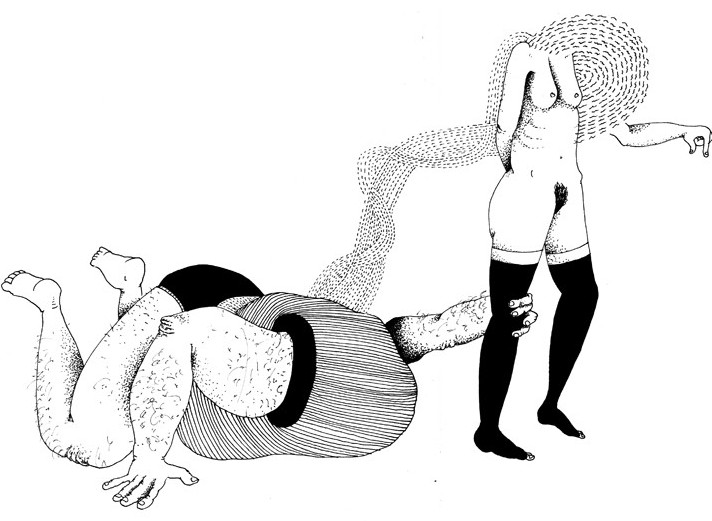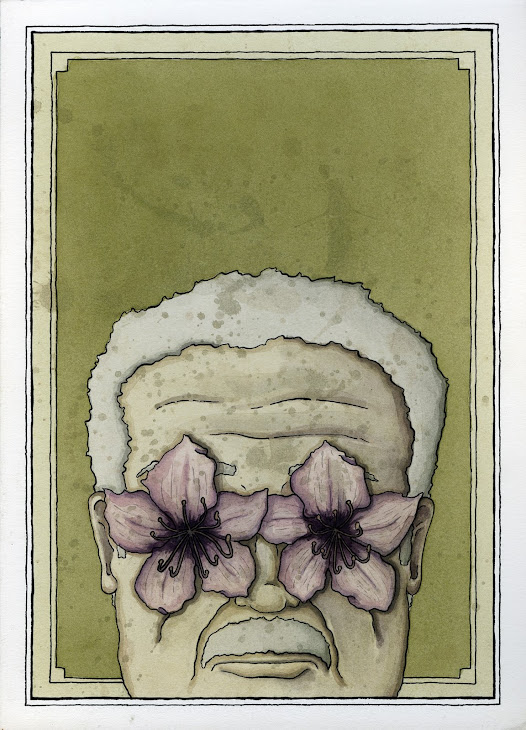So is he just another hypocrite, preaching green rhetoric with hands blackened from oil?
Actually no, he is not. Setting a supreme example for the planet, Reuters explains, the Vatican "has installed photovoltaic cells on [its] buildings to produce electricity and hosted a scientific conference to discuss the ramifications of global warming and climate change."
In addition, the Pope has "made several strong appeals for the protection of the environment, saying issues such as climate change had become gravely important for the entire human race," writes Philip Pullella of Reuters.
This is a welcomed example and decree from a religious powercenter that commands the "world's largest single religious body" and has a following of about 1.13 billion people (wikipedia.org).
One could imagine that if all of the Roman Catholics really heeded the plea of the Vatican and followed its lead, they would be able to make as big an impact as if India with close to the same population became sustainable eco-friendly humans.
This is a most powerful proposition.
Unfortunately, this was undermined by the Archbishop's remarks to the Vatican newspaper L'Osservatore Romano, wherein Reuters reports, he claims that "that the greatest danger zone for the modern soul was the largely uncharted world of bioethics.
I understand the philosophical morass and moral quandry Biotechnology presents to the Vatican's ideological structure - to many ideological structures - is serious.
But, shouldn't they be more concerned with events that are currently taking place, Climate Change, rather than developments like human cloning which has not happened?
Furthermore, which is more likely to have a greater impact on the live of the 1.13 billion Catholics, or the 6.8 billion humans:
That a man is cloned, a primordial embryo is lost,
Or
That grand glaciers melt, sea levels rise, flooding redoubles, extreme weather like tsunamis is provoked, drought and crop failures escalate (especially in the most impoverished nations on the planet), world hunger intensifies, and breathing becomes a health hazard (as is the already the case in Mexico City where breathing the air is equivalent to smoking a pack of cigarettes a day) - to name a few?
Read the Reuters article.

.jpg)
.jpg)
.jpg)



.jpg)